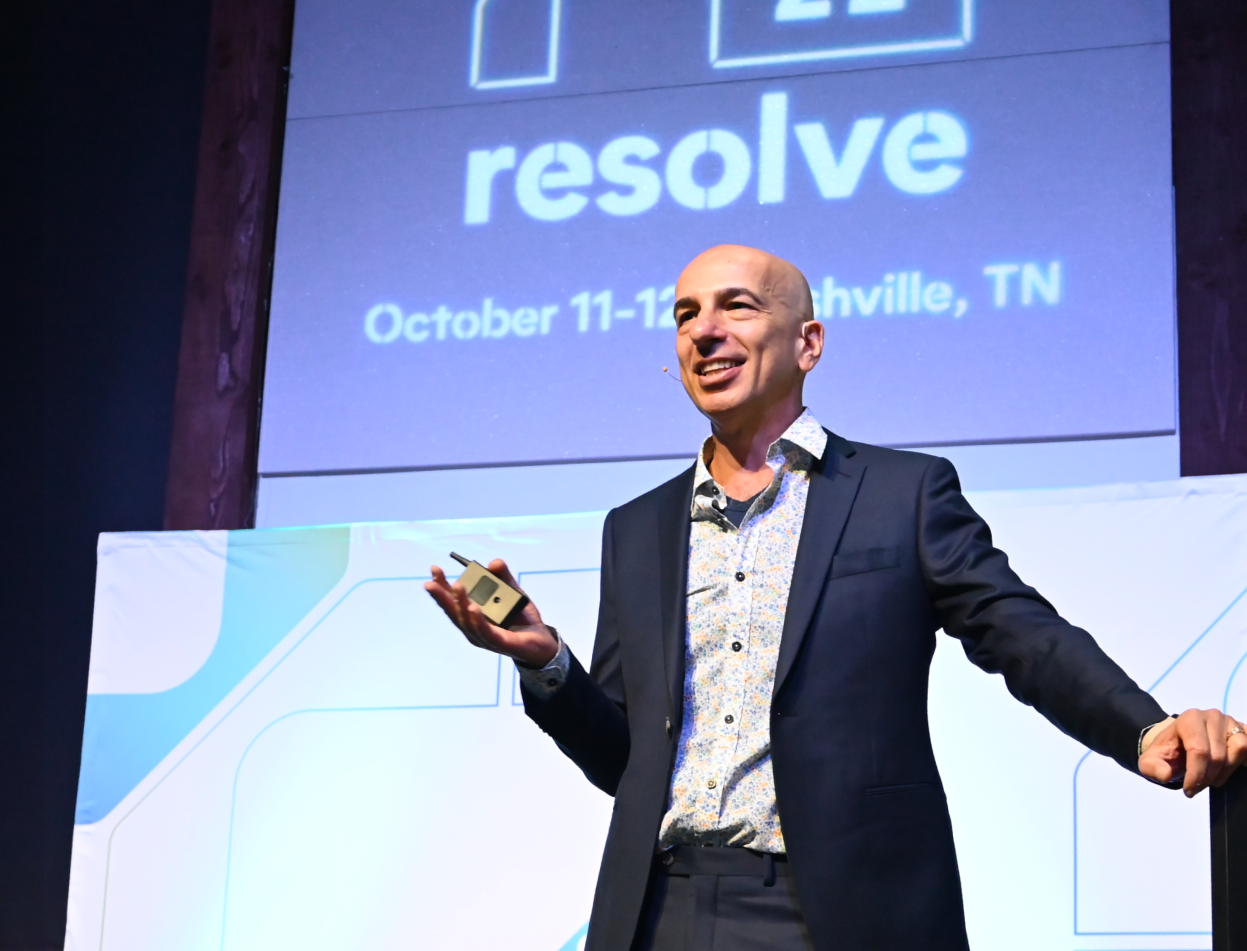From home to auto to life, insurance contact centers consistently rank as some of the busiest in the world. As a result, they require a lot of agents to serve members when and where they need it.
But a changing customer service landscape is making it harder for insurers to not only staff enough agents, but deploy them efficiently in order to meet member demand.
These challenges include:
- Seasonality & Call Spikes Call surges during events like open enrollment and tax season can overwhelm phone lines, and natural disasters are becoming more commonplace and harder for home and auto contact centers to manage.
- Inaccurate Routing Outdated IVRs not only make it harder for members to get to the right department, inaccurate transfers waste valuable agent time and exacerbate the labor shortage.
- Multi-touch Flows Requests like Emergency Roadside Service are time-consuming, complex and manual, with a combination of inbound and outbound calls needed to resolve each case.
- Claims Intake Claims and First Notice of Loss requests can involve first and third-party callers, and include a long list of repetitive intake questions and follow-ups that can take hours.
- New Member Conversions Inaccurate IVRs and poor self-service options can cause Sales representatives to miss out on deals and force prospective members to wait on hold or abandon calls, costing businesses revenue.
- Lack of Visibility A lack of accurate data into why customers are calling harms insurance contact centers’ ability to forecast and plan their technology around their most opportunistic call types.
According to the 2023 Benchmark Report, Contact Center Automation has become a top investment priority for over two-thirds of contact centers in response to challenges associated with economic uncertainty.
And with Gartner predicting that AI-powered automation will reduce contact center costs by more than $80 billion by 2026, the sheer scale of insurance contact centers means they have a lot to gain.
Automation Resolves Common Member Requests With Zero Wait Times
Replicant’s Thinking Machine helps millions of members access their policy benefits faster. Designed with the understanding that insurance contact centers handle some of the most complex and urgent call types in customer service, the Thinking Machine frees agents to focus on the highest priority calls while providing members with instant resolutions for tier 1 requests.
Common flows automated by the Thinking Machine include:
Roadside Assistance End-to-end support, including intaking a request, locating a driver, and dispatching a truck:
- Member Authentication
- Request At-Home Service
- Request Roadside Service
- Service Updates & Cancellations
- Keep Members Informed
- Assign Dispatch to a Shop
Membership Services A-Z support for everything members need to keep their policies up-to-date:
- Member Authentication & Routing
- Make a Payment
- Update Payment Method
- Manage Policy
- Policy Info & Status
- Request Policy Documents & Proof of Insurance
- Membership Renewal
Claims Agent-saving support that streamlines claims and cuts down on manual processes:
- Member Authentication & Routing
- First Notice of Loss
- File a Claim
- Claim Status
- Update Claim
- Identify Claims Adjustor
Case Study: How a leading pest control brand closes more business with Replicant
Customer Overview:
CAA Club Group is part of the Canadian Automobile Association (CAA), made up of CAA South Central Ontario and CAA Manitoba and serves over 2.5 million Members. CAA Clubs provides its members Emergency Roadside Services, complete Travel Services, Member Savings and comprehensive insurance offerings.
The Challenge:
Changes in Eastern Canada’s weather have included extreme conditions and unpredictable storm surges that wreak havoc on roads. For CCG, that’s made it harder to meet member needs.
After challenges with their previous automation solution, CCG was hesitant to commit to another platform but ultimately decided to test Replicant out with credit card payments and updates to explore how their members would respond to the Thinking Machine.
The Partnership:
Quickly into their initial implementation, CCG saw a significant spike in usage of their automation channel and expanded the Thinking Machine to automate Inbound Emergency Roadside Service (ERS) Calls, and Verbal Copy Calls.
Prior to Replicant, the average handle time for ERS at home was about 11 minutes. Even with background noise and distractions, Replicant’s Thinking Machine could capture customer information accurately, locate the member, and get a locksmith dispatched in under 5 minutes.
The Outcome:
As a result of implementing Replicant, CCG was able to increase elasticity in their call centers and better handle fluctuations in volume from weather events while enabling their agents to focus on highly emotional or complex conversations. During this past winter, when call volume typically spike, Replicant seamlessly scaled up to handle the equivalent call volume of 41 agents.
One member even said, “Your technological device was easy to use and saved me a lot of time. I liked that I was able to update my credit card info, make a payment right away and renew my membership without having to call someone to do it for me. It was smooth sailing! I was pleasantly surprised.”
In the past month, CAA has gone live in production with the Thinking Machine’s enhanced LLM layer, helping resolution rates for their car collection use case soar to 90%.
“Having implemented Replicant, we are prepared for whatever may come. Whether it’s an economic downturn or a spike in call volume tomorrow, we will be able to answer calls because of the automation we already have in place.” – Steve Bennett, Supervisor of Member Care




